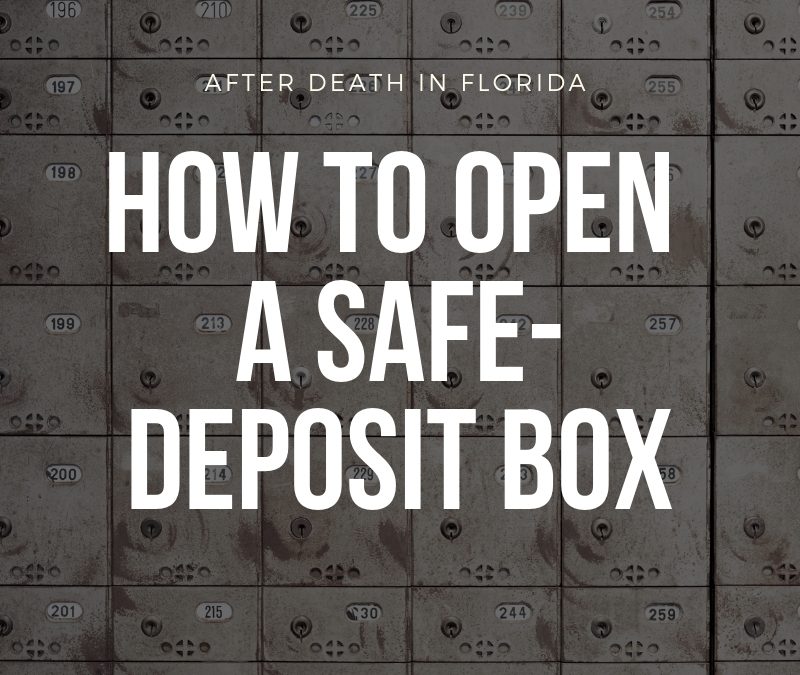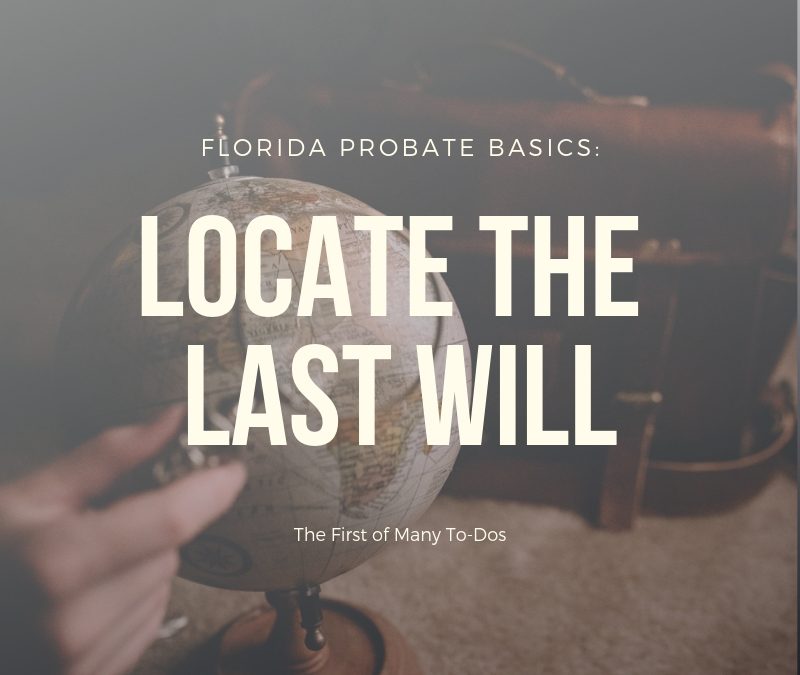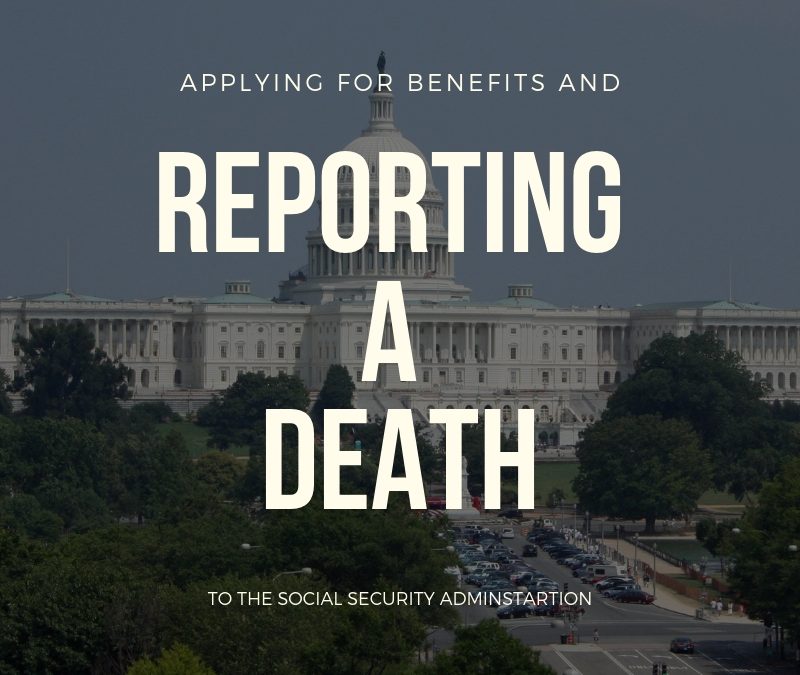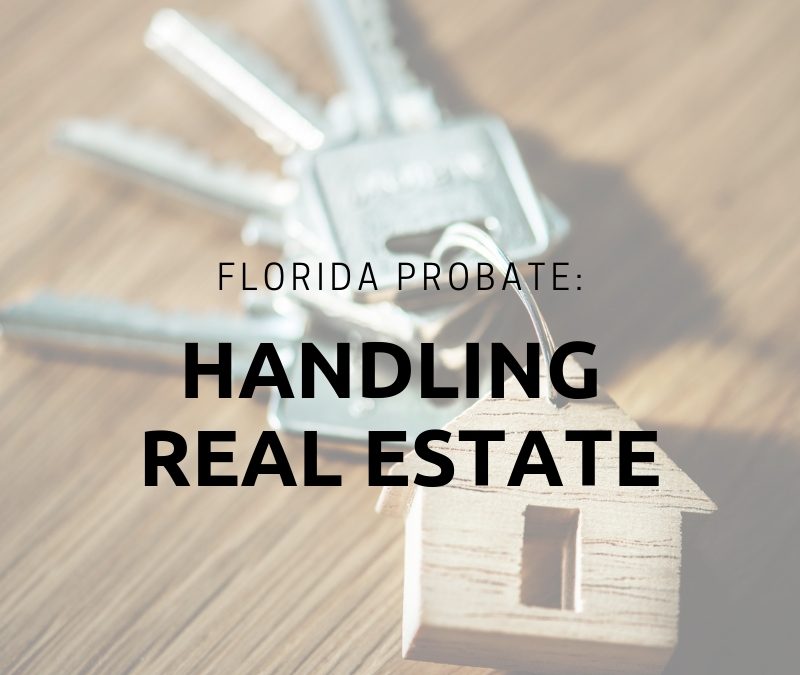We want to update you on the steps we are taking to ensure we can continue to meet your legal needs in a secure and reliable manner. This year marks our firm’s 20th year in Navarre, and our team remains fully operational and here to support you and our community...
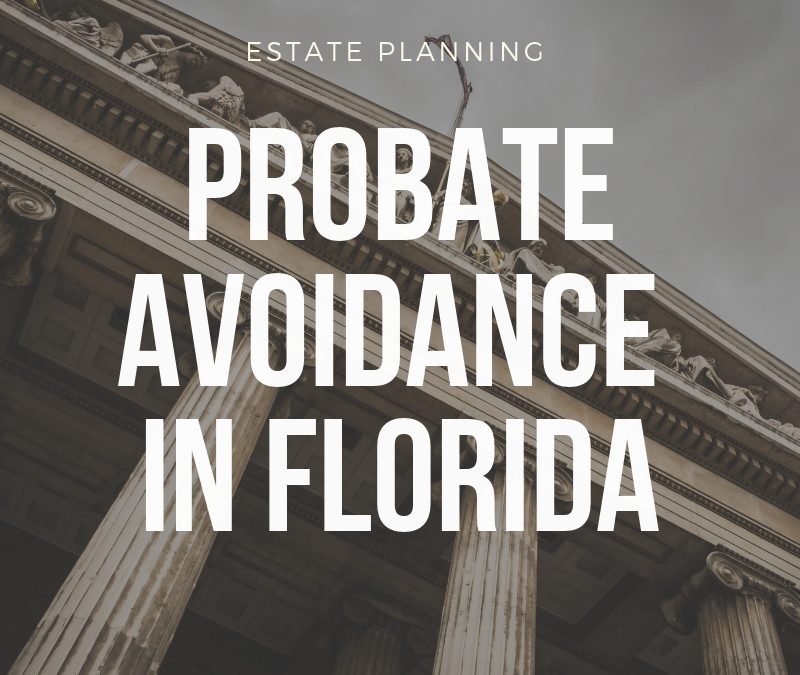
Probate Avoidance in Florida
Probate is technically defined as the legal process of authenticating the deceased’s last Will and testament, assuming he or she left one. But people more commonly understand probate as the entire process of settling someone’s financial affairs after death. Under that definition, there are three distinct stages of probate:
- Proving the Will (if there is one) through a court process, and appointing an executor or administrator;
- Collecting and liquidating the deceased’s assets, paying off debts, and filing the appropriate taxes, also known as “settling the estate”; and
- Distributing the remaining assets to the beneficiaries and heirs in accordance with the will or state law.
Probate is a long, complex, and costly process, which is why some estate planners specialize in probate avoidance strategies. So, without anything, most estates need to be probated.
Will My Estate Need To Be Probated in Florida?
If you’re wondering if your estate will need to be probated, the simple answer is:
If you hold any assets individually and in your own name only, the estate will most likely need to be probated, whether you leave a will or not. Probate will be required for any assets owned solely in your name, including bank and brokerage accounts, real estate, titled personal property such as cars or boats, and untitled personal property such as furniture, appliances, jewelry, and fine art. Probate can be avoided, however, if your estate is small or contains only assets that pass by law to a named survivor or beneficiary.
Why Avoid Probate?
First of all, the average probate takes at least six – nine months to complete, at a minimum. If there are any difficulties in locating the beneficiaries or assets, or if there are legal challenges to the validity of the deceased’s will, this time frame can increase dramatically and probate can sometimes take several years to complete. All the while your heirs may be going without assets they need to maintain their lives without you.
Furthermore, the probate process can be expensive—particularly if it drags on. When all the costs associated with probate are added up, the resulting cost is often between 3-6% (or even more) of your probatable estate. As some of these probate costs are set by state law there is very little that you can do to mitigate or reduce them once in probate. However, there are certain measures that will allow you to avoid probate, and the costs involved, with respect to some or all of your assets.
Ways to Avoid Probate in Florida
There various ways to avoid your estate having to be probated in Florida, some examples of include:
- Pay on death and transfer on death designations
- Joint financial accounts;
- Insurance policies;
- Joint ownership of property;
- Revocable living trusts;
- Lifetime gifts; and
- By taking advantage of a simplified probate procedure (“summary administration”) that is available for small estates in Florida.
The list of estate planning tools that can be used to help your estate avoid probate is long and complex and presents many possibilities. The challenge, however, is knowing when and how to use these tools and under what circumstances. That’s where a qualified and experienced Florida estate planning attorney comes in.
Why Working With An Experienced
Florida Estate Planning Attorney Is A Good Idea
If you’re a do-it-yourself-er, you might be inclined to try creating your own probate avoidance plan using tools available online. But the planning process usually isn’t that simple. You’ll have to understand many technical rules and address them skillfully.
Also, keep in mind that when you’re dead, you don’t get any do-overs. You can’t modify the process after the fact. Furthermore, you must appreciate how high the stakes are. A bad strategy can burden your family and needlessly strip thousands of dollars of value from your estate- not just in court costs and legal fees, but also in terms of the time spent and the stress that your loved ones will have to endure having to go through the probate anyway.
Sometimes in life, you need to acknowledge your limitations and trust someone who has more experience. You go to your dentist for regular checkups, but you use an oral surgeon for delicate facial reconstructive surgery. Similarly, when you’re planning your financial future, opt to work with someone who handles estate planning every day and who works with clients with a similar financial background as yours.
By choosing to work with an experienced Florida estate planning attorney, you can be sure of four things:
- You will have an estate plan tailored to meet your needs.
- You will have devoted time to a critical activity that can really matter to the lives you leave behind.
- You will have a certain amount of peace of mind that you lacked before in your life.
- You will sleep better at night knowing that you have accomplished something truly meaningful and significant.
Contact Lynchard & Seely, PLLC:
Experienced Florida Estate Planning Attorney
For more information regarding probate avoidance in Florida and other estate planning matters, contact Lynchard & Seely, PLLC, either here online or by calling 1-850-936-9385, to arrange a consultation with an experienced Florida estate planning attorney.
Want Help With Your Estate Plan?
Click Below to Schedule a FREE Initial Consultation!
Lynchard & Seely – COVID-19 Update
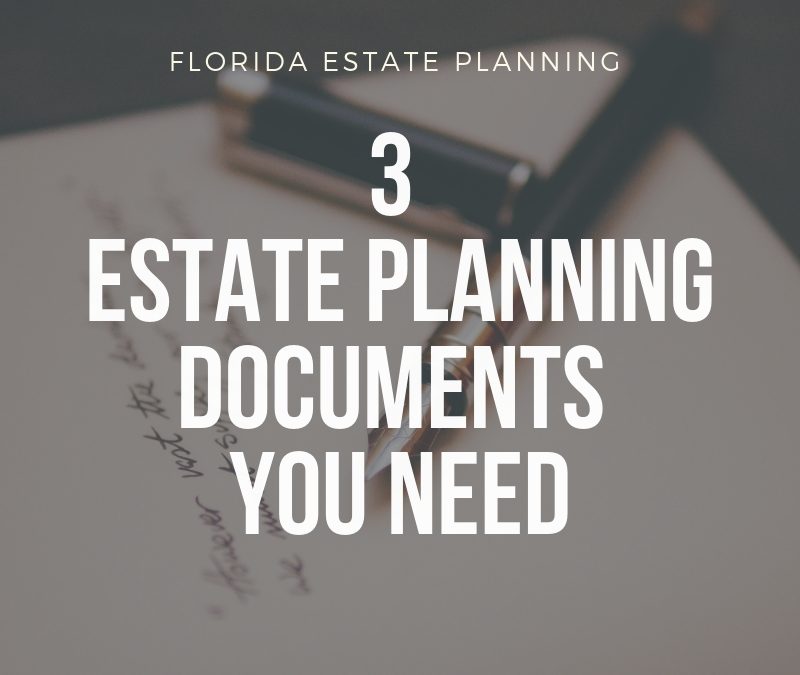
3 Florida Estate Planning Documents You Need Right Now
Three, fairly simple Florida estate planning documents is all you need. While, other things can help more, these will get you by in a pinch.
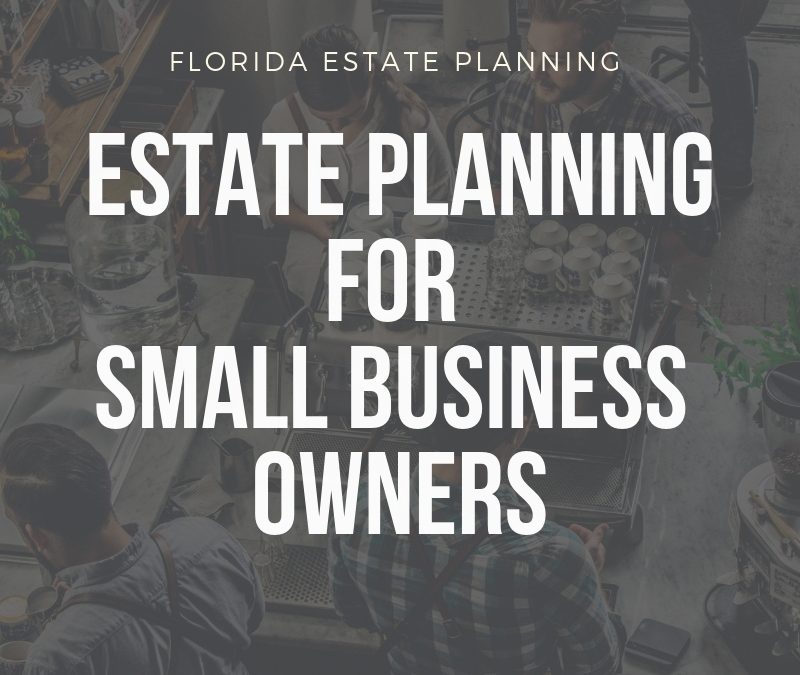
Estate Planning For Small Business Owners
Estate Planning for Small Business Owners – You have to think about more when estate planning if you have a business.
Want Help With Your Estate Plan?
Click Below to Schedule a FREE Initial Consultation!


